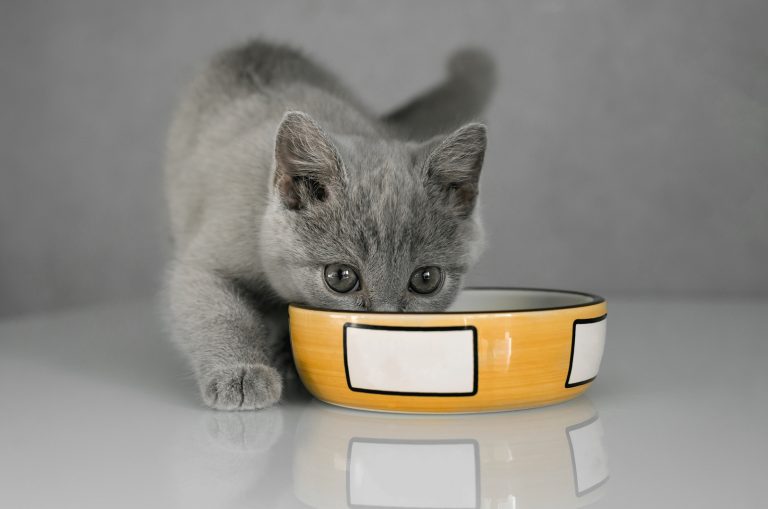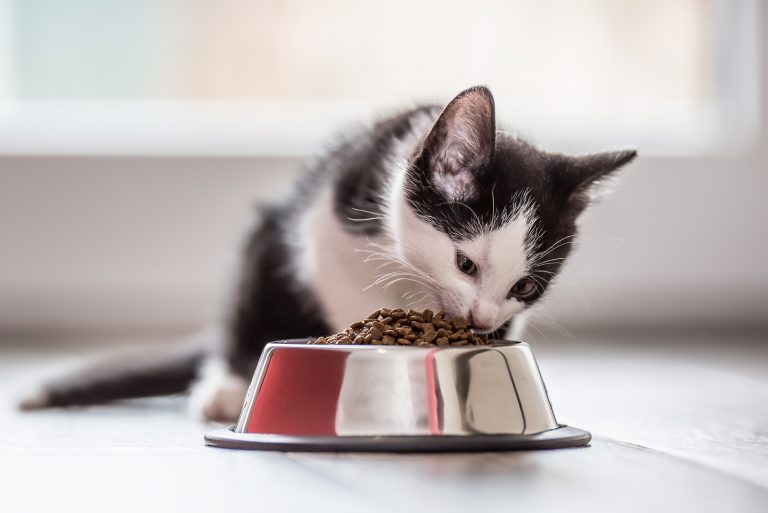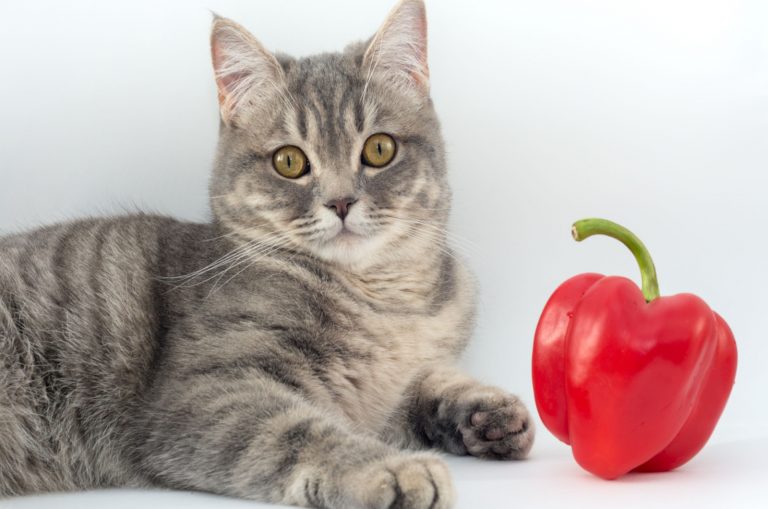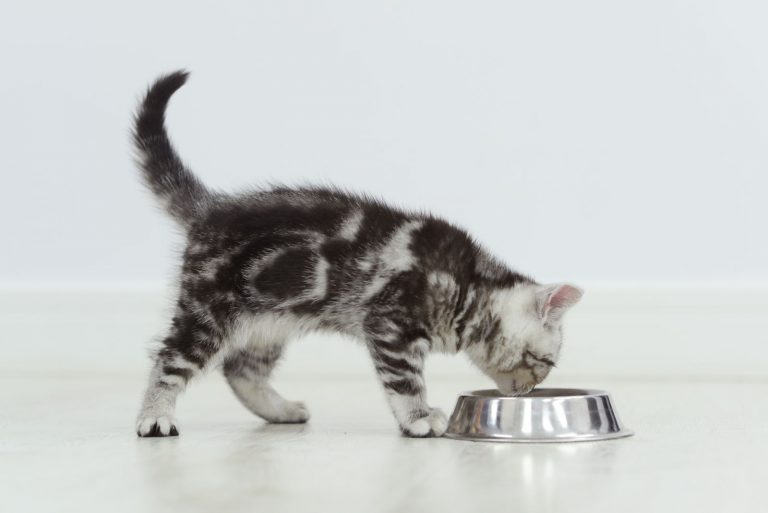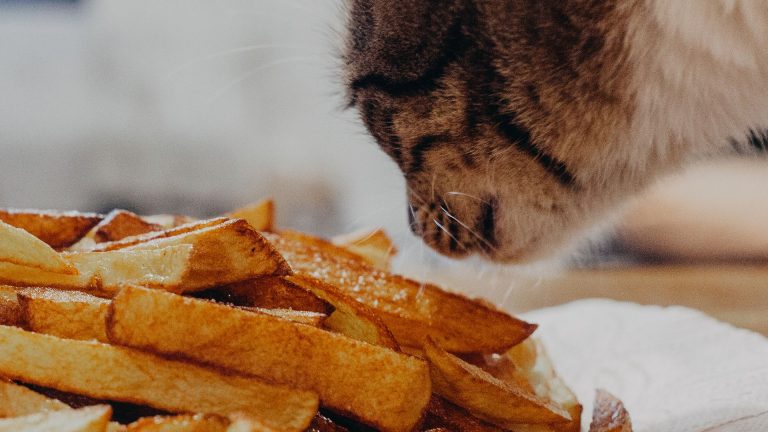Can Cats Eat Salt? Here’s What Every Cat Owner Must Know
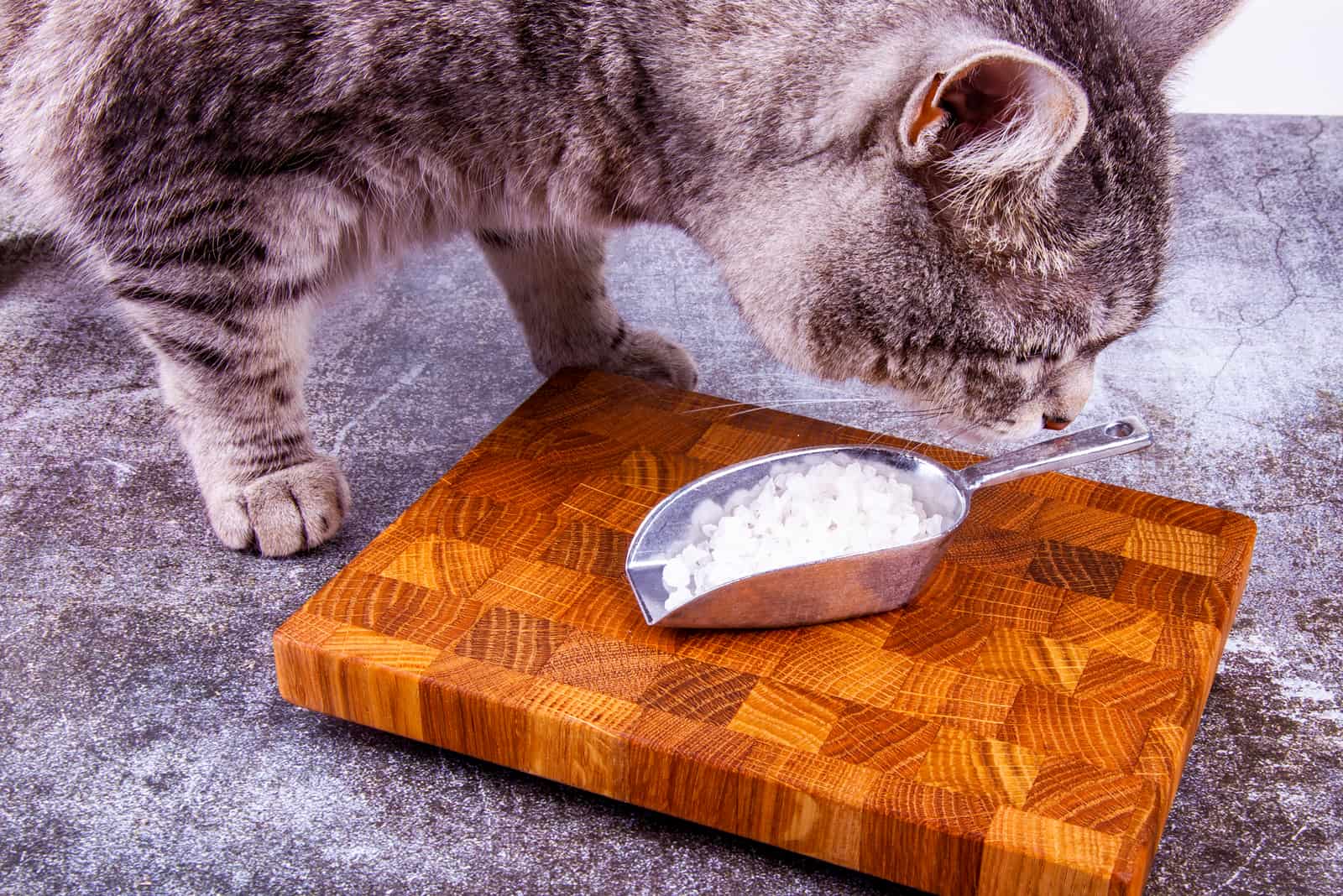
Salt is one of the main seasonings used in cooking. Without salt, a lot of our food would be tasteless and bland.
However, we all know that too much salt is not good for us. So, what about our little feline friends? Can cats eat salt and is it safe for them?
You are sure to have given your cat some of your food at some point (or perhaps your cat has simply stolen it), but did you ever ask yourself “Can my cat even eat salty food?”
Some food can be extremely toxic for cats, read on and find out if salt is one of them.
Can Cats Eat Salt?
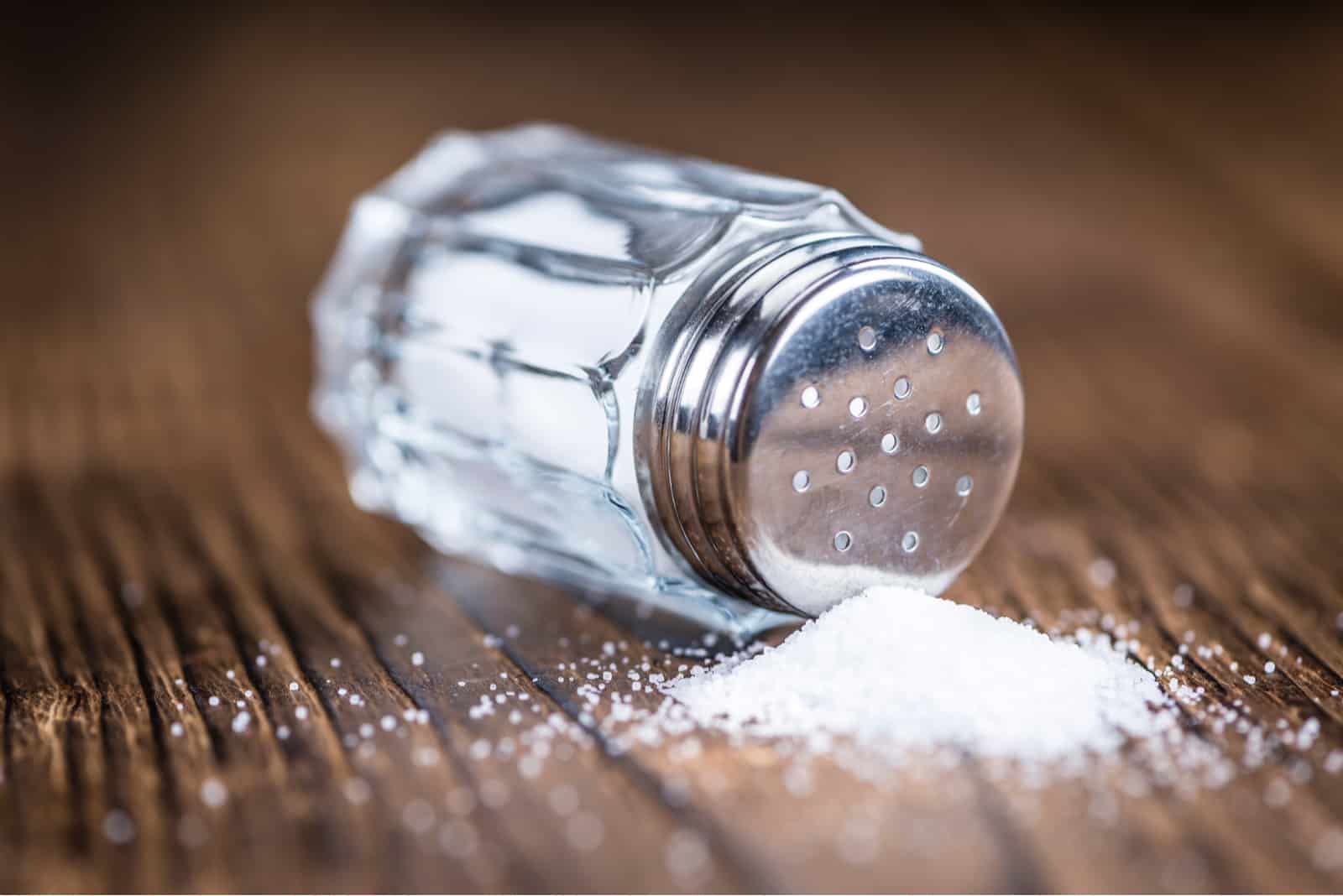
The short answer to this question is No.
Salt is extremely unhealthy for cats, and too much of it can be extremely toxic for your pet.
Anything more than the safe daily dosage can cause many health issues and in extreme cases, it can be lethal for your cats.
All cat owners should be aware of this fact and be cautious of the amounts of salt their furry pet consumes.
How Much Salt Is Safe For Cats?
Between 21 and 42 milligrams is generally safe for cats to consume. Anything more than 42 mg a day can be poisonous for your cat.
Perhaps to better understand how much salt actually is too much for your cat, this amount can be compared to a teaspoon of salt.
Why Is Salt Toxic To Cats?
Salt or sodium chloride is toxic to cats because it causes extreme dehydration and electrolyte imbalance by drawing fluid out of the cells.
This can also lead to kidney failure and many other chronic diseases.
What Are The Symptoms Of Salt Toxicity In Cats?
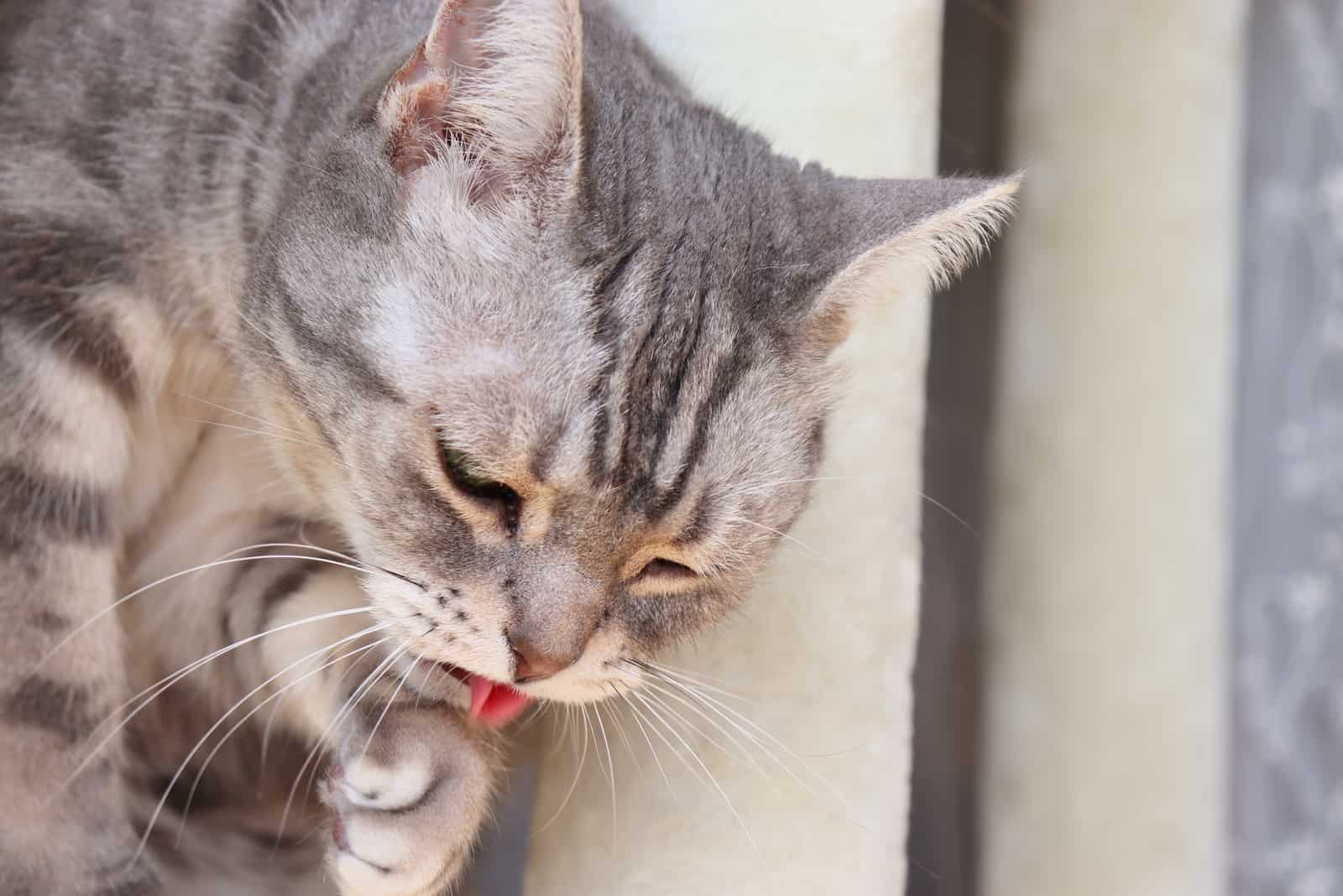
Excessive salt intake can cause conditions called either salt toxicity, salt poisoning or hypernatremia.
All these terms are used to describe extremely high levels of sodium in the blood. This is known as sodium intoxication.
Some symptoms of salt toxicity are:
Vomiting
Food that contains too much salt can cause your cat to start vomiting. If this happens, the best thing to do is to give your cat lots of water and slowly reintroduce food.
It may be better to start by giving the cat some treats that will help bring their sodium levels back to normal.
Related: Can Kittens Drink Water? What’s Best For Them?
Diarrhea And Excessive Urination
If you notice that your cat is going to the litter box more than usual, it might just be that it is suffering from salt poisoning, which can cause painful diarrhea and/or excessive need to urinate.
Lethargy And Weakness
A cat suffering from salt poisoning can be extremely lethargic and weak. You may notice that your cat has lost interest in everything, even eating and playing with toys.
This is caused by electrolyte imbalance and may also be accompanied by fever, aggression, and weight loss.
Poor Appetite
Electrolyte imbalance causes cats to lose their appetite. If you notice that your cat is not eating, it means that something is really wrong.
A serious electrolyte imbalance can even cause seizures, coma, and extreme dehydration leading to death.
Incoordination And Inappetence
Behavior changes are also very common when cats are suffering from salt poisoning.
Your cat might start to lose its balance and look extremely uncoordinated, which is very unusual for cats.
Excessive Thirst
Just like with humans, excessive salt causes excessive thirst. This is a clear sign of hypernatremia because cats are usually quite forgetful when it comes to drinking water.
So, if you notice that your cat is looking for water more than usual, be cautious because this may be a sign that your cat’s health is deteriorating.
Seizures
Too much salt intake can also cause muscle tremors or twitching that often starts in the face. This can unfortunately turn into seizures. Any of these reactions require immediate veterinary attention.
Coma
If not properly treated, salt poisoning can cause cats to fall into a state of coma, which eventually can lead to death unless the cat receives prompt medical treatment.
Kidney Damage And Death
In some extreme cases, eating salt or some salt-containing product can be fatal for cats.
Large amounts of salt can cause a very high blood sodium concentration, which then causes a toxic reaction which can lead to death.
What Is The Treatment For A Cat Who Has Ingested Salt?
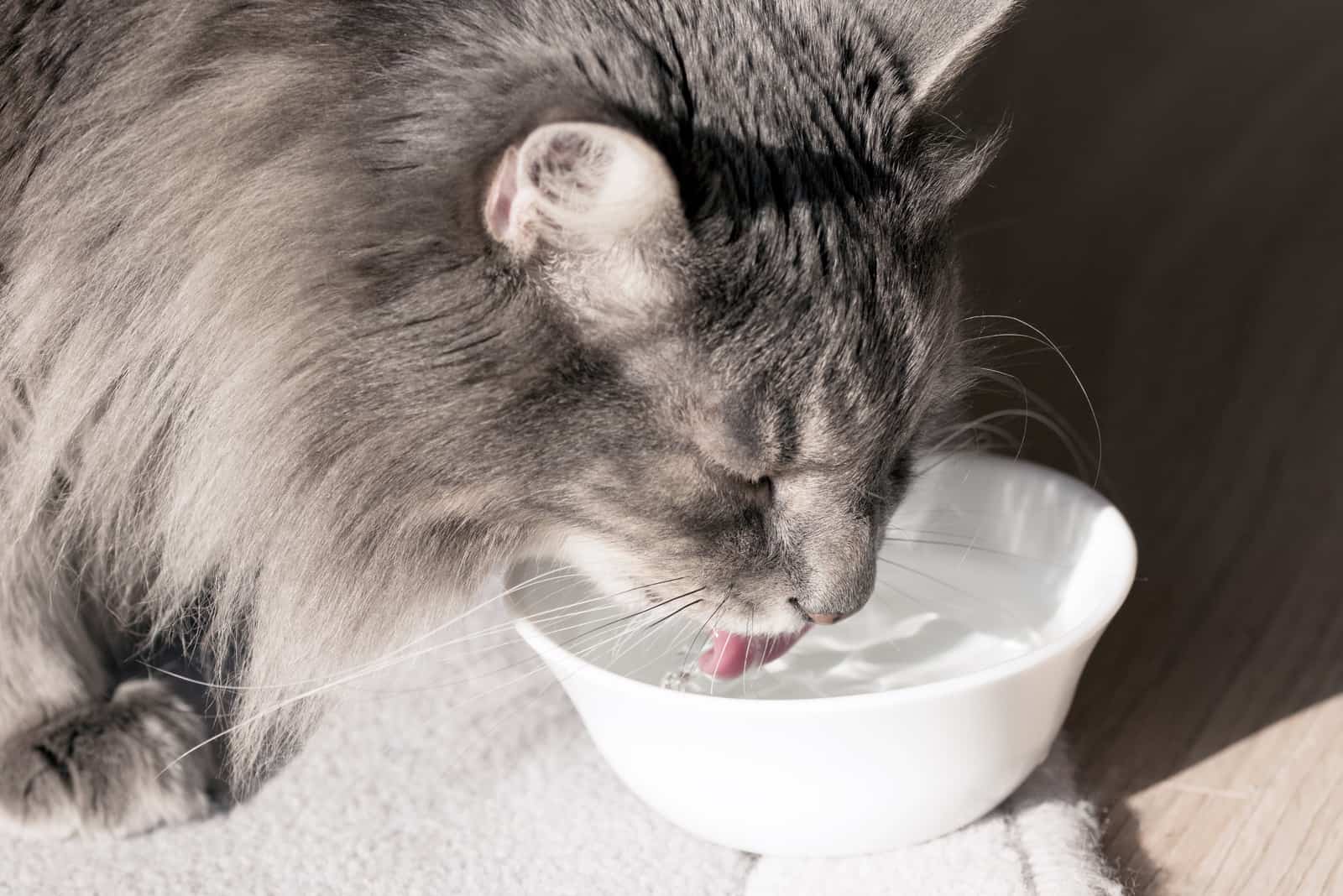
If you think that your cat has ingested salt, or you have noticed some of the symptoms mentioned above, the best thing to do is to take your cat to get immediate medical help.
They will probably perform some tests such as a physical examination and drawing blood for hematological assessment.
If the levels of salt exceed 160 mg/dL, your cat will be diagnosed with hypernatremia.
The most usual treatment for a cat suffering from salt poisoning is IV fluids. IV fluids are used to dilute the levels of sodium in cat’s blood and restore water balance.
In the case of vomiting and diarrhea, your vet will probably prescribe your cat with antibiotics.
If a chronic disease like kidney failure or diabetes is diagnosed, then you should discuss long term treatment and therapy with your vet.
Also, you should ensure that your cat has constant access to water, since consumption of salt at any level requires drinking a lot of water.
Keep any salt-containing products out of reach from your cat.. It is also good to ask your vet for any advice on how to care for a cat which has ingested too much salt..
Bear in mind that when you visit the vet, they will ask you some questions which will help ensure your cat gets proper diagnosis and treatment.
For example, be prepared to tell them what your cat has eaten and drank, when exactly it happened, and if you have noticed any signs of illness.
Salt Sources To Look Out For
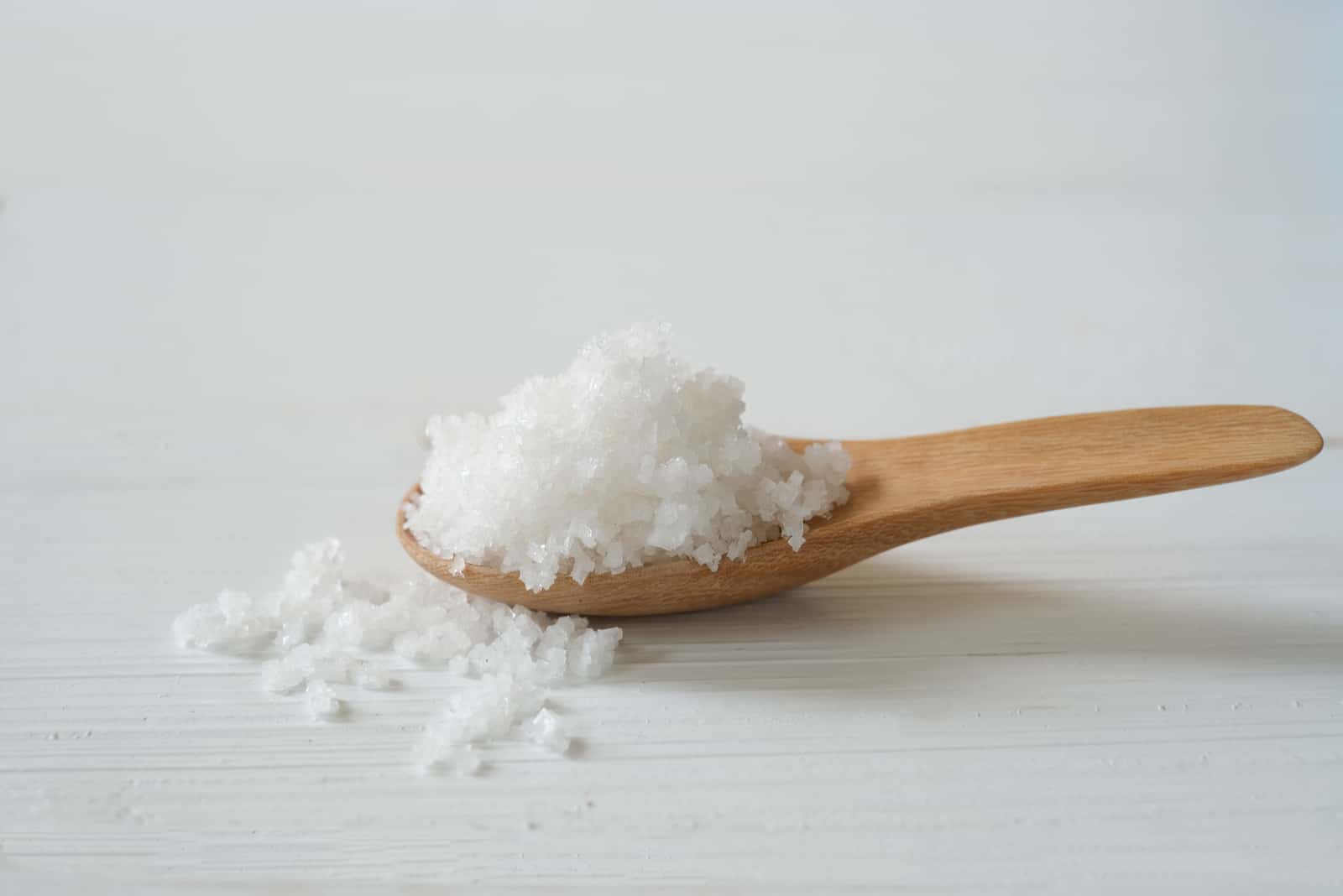
Salt can be found in a variety of sources:
Table Salt
Table salt is usually granulated white salt found in most kitchens and widely used in seasoning and cooking.
It is especially important to keep all your seasoning out of your cat’s reach, because if they accidentally find it and ingest it, it can be terrible for them.
Before giving your furry friend some of your human food, check if it has any added salt that your pet shouldn’t have.
Seawater
Maybe you love to take your cat for a walk on a beach? Especially if you live near the sea, going for a walk on the beach might seem like a perfect evening activity.
However, it is not good if your cat consumes seawater. Seawater contains high levels of salt and as we have discussed, a large sodium intake can make your cat sick.
If you suspect that your cat has been drinking seawater, take your cat away from the source and immediately give it some fresh water.
You should probably monitor your cat for a few hours to watch out for any signs of salt poisoning.
The same applies to saltwater pools, which also contain a significant amount of salt. Be careful of this and ensure that your cat does not accidentally drink this water.
Rock Salt
Rock salt is a mixture of sodium chloride and grit, and it is typically used to de-ice or defrost the roads in winter.
This rock salt can be harmful to your pets if they walk on it and then lick it from their paws when they are grooming themselves.
The safe level of rock salt has not been established but we do know that even a small amount of rock salt is dangerous for cats, so it might be that the best thing is to not let your cat go out in the winter when the roads have been treated with salt.
If your cat does manage to ingest some rock salt, you should probably seek medical advice.
Salt lamps
For you, salt lamps can be aesthetically pleasing and calming. But for your cat, they can be addictive and quite dangerous.
Vets have issued warnings for cat owners because licking these salt lamps is dangerous for the cat’s health as it can cause sodium poisoning and other health issues.
Play Dough And Paintballs
Most pet owners are not aware of the ingredients that play dough is made of and fewer still realize that it can be dangerous for their feline friends.
Play dough is made of water, salt and flour. Homemade play dough contains an especially large amount of salt.
It is important to keep your play dough properly stored and out of reach of your pets since any substance with such a high salt content is very dangerous.
Paintballs can also cause severe electrolyte imbalance when ingested, and if left untreated this can be fatal.
It is not that common an occurence in cats, but definitely something cat owners should be aware of!
Stock Cubes
Most stock cubes and premade broths contain a significant amount of salt.
Allowing your cat to eat these can cause a serious electrolyte imbalance in the cat’s body, which can be harmful for them. Cats will be drawn to these products AS they are often made with meat juices.
Choose Cat Food Wisely
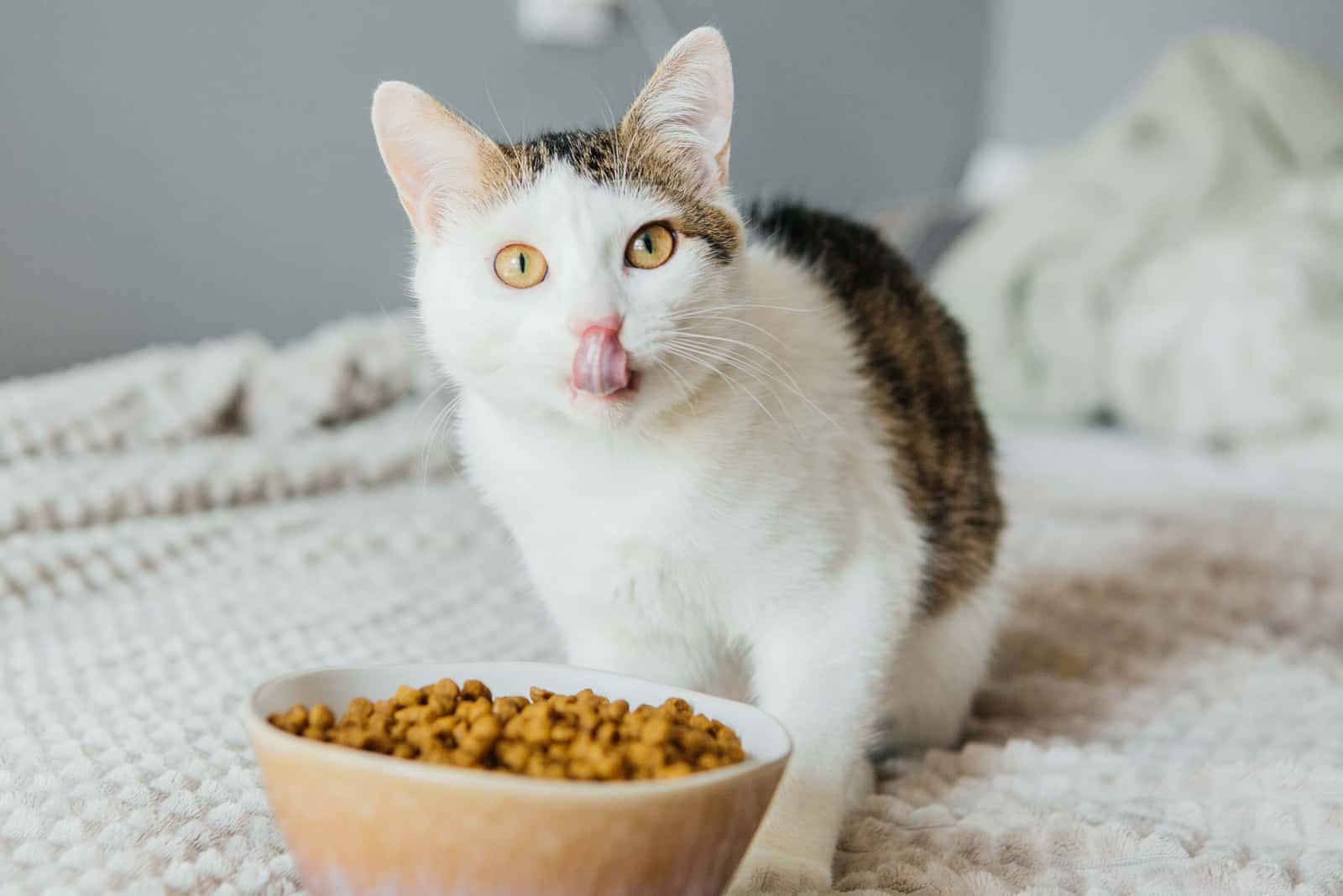
It is important to always check the ingredients of cat food and choose your cat’s diet wisely. Not every pet food is actually good for your pet.
Cat food is regulated to have 0.2% of salt, but some may have even more than that.
Be careful when giving other salty food to your cat because that can mean an extra salt intake for your pet, on top of the salt in their regular pet food.
Dry food typically has more salt than canned food. Salt acts as a preservative and keeps food fresher for a longer period of time, which is why dry food is likely to contain more salt.
Wet or canned food may be a healthier option for your cat, since this way cats also get some water from their food. Just make sure that wet food is consumed right away when it is opened.
Related: Why My Cat Won’t Eat Wet Food? All There Is To Know!
Cats are by their nature carnivores, which means that a cat’s diet should consist mostly of animal protein. You can never go wrong with chicken, beef or turkey.
You can also try giving your kitty sardines, salmon, canned crab meat, and similar types of fish (cats love their fish!).
Canned tuna is another example; select tuna that is not in brine and has no added salt if you want to give your cat some as a treat.
However, be careful when giving your cat preserved meat and human food, such as salami or sausages, because these almost always contain a high amount of salt.
Potato chips and other salty snacks that people love to consume are extremely toxic for cats, since they contain other toxic ingredients alongside salt that make them very harmful if cats eat them.
Cat’s diet, especially for those that suffer from chronic renal disease, should be a low sodium diet. Cats with kidney problems can’t handle even the normal amount of salt that would be fine for healthy animals.
Although for most cats, sodium is important for the normal function of cells, if your cat is suffering from any chronic disease, a low sodium diet will be recommended for lowering high blood pressure.
Conclusion
While most of us think that there is no harm in giving your cat some of our food, it is really important to watch out what our cat eats since some foods can be toxic to them.
Salt is a good example, and if ingested in larger amounts, it can even be fatal to your precious pet.
Even though the simple answer to “can cats eat salt?” is NO as high amounts of salt can be extremely harmful to your pet, keep in mind that a small amount of sodium is important in any cat’s diet.


